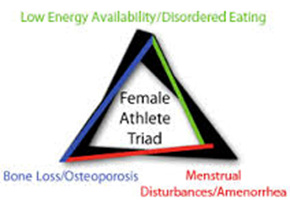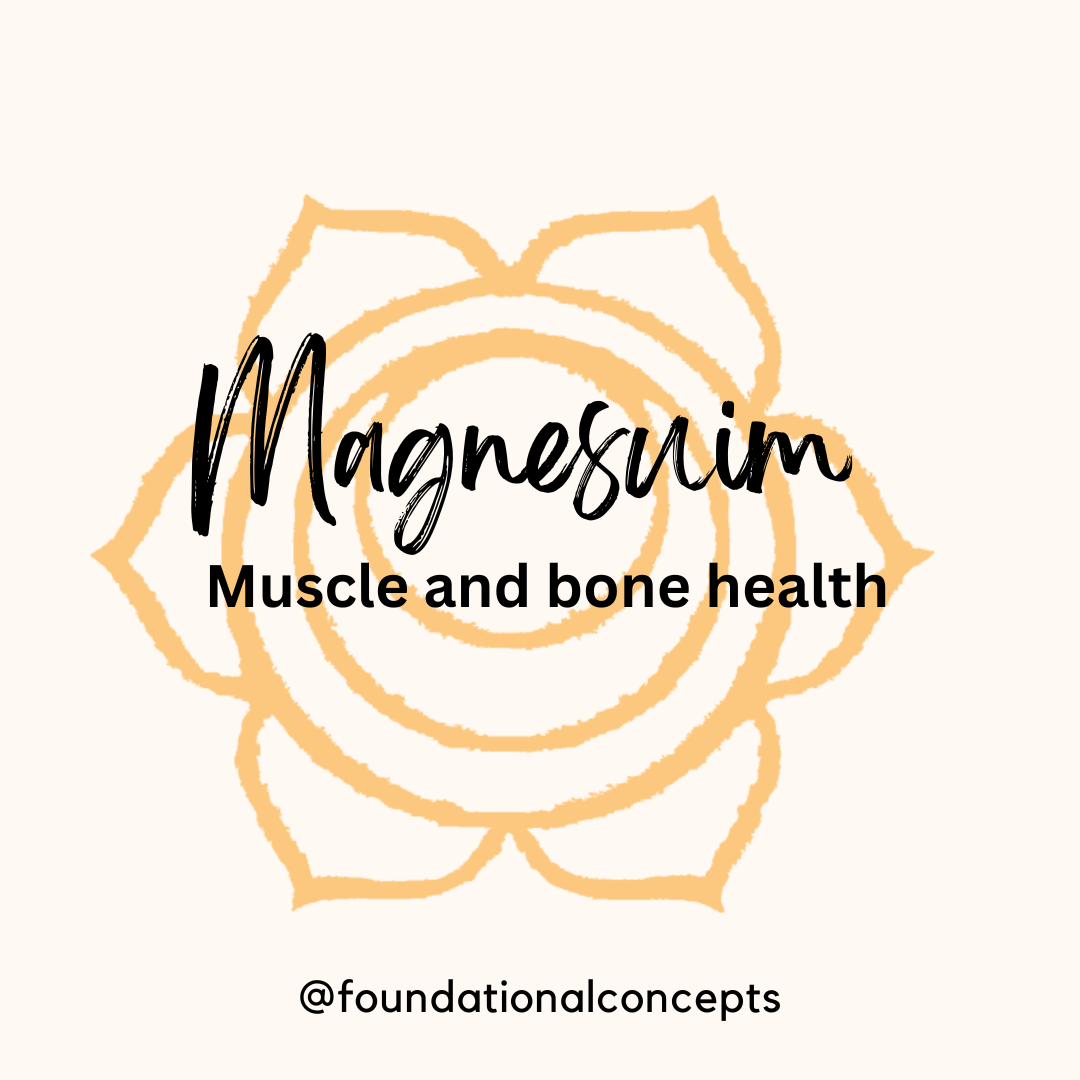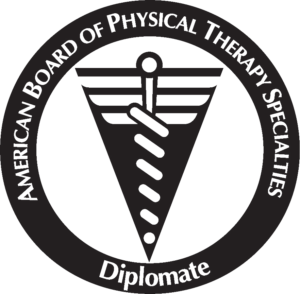Do you leak urine with exercise? Many women limit their exercise due to leaking with…

Why your period is so important for overall health: The female athlete triad
There is a lot of pressure on girls and women from all directions to be thin. Adding the pressures to not only be thin, but to also be at the top of their game can lead to the female athlete triad. The triad is a spectrum of changes that start with not taking in enough calorie dense foods for the number of calories used during training and competitions. If this continues long enough, the calorie deficiency can lead to changes in the athlete’s menstrual cycle with very erratic or absent menstrual cycles. This is partially caused by decreased estrogen levels. Over time, these changes will lead to changes in bone health, leading to either decreased bone production, or decreased bone density called osteopenia and eventually osteoporosis.
Women need to eat enough quality calories to have a normal period. After 5 days of calorie restrictions, the hormones that trigger ovulation and elevate estrogen and progesterone start to decrease. Women have hit their max bone density by the age of 30, so it is important for young female athletes to be getting enough calories to build as much bone as possible. After age 30, women don’t develop more bone density but can continue to maintain current bone density with healthy eating habits. Estrogen and progesterone are important in slowing bone resorption. However, if we don’t take in enough calories and our estrogen levels go down, our bone resorption pace increases. If our calorie intake goes low enough, we will develop amenorrhea. This is defined as not starting having a period before the age of 14 or having started having a period and then not having a period for more than 90 days.
Not having a period is a sign of having low estrogen. This can be a first sign of decreased calorie consumption. When we are seeing our female athletes in clinic, it is important to ask about when their last period was, how regular are their periods, and how old they were when they started their periods. This gives us some insight into what calorie consumption is high enough for their activity levels. This is especially important if we are seeing the athlete’s because of stress fractures, decreased strength or endurance, or precision.
If they are not having regular periods, it is important to involve their medical team sooner than later. This can include their primary care or sports med provider, trainer or coach, parents, and possibly sports psychology. It is important to include their whole team so that we are all on the same page to help our athlete’s return to the field as healthy as possible and to decrease the risk of bone health changes.
Symptoms of female athlete triad can be increased irritability, anxiety, depression, or a decrease in endurance, strength, or precision with their sport. These along with a change in eating or change in menstrual cycles is a good time to reach out to the athlete’s health care team.





